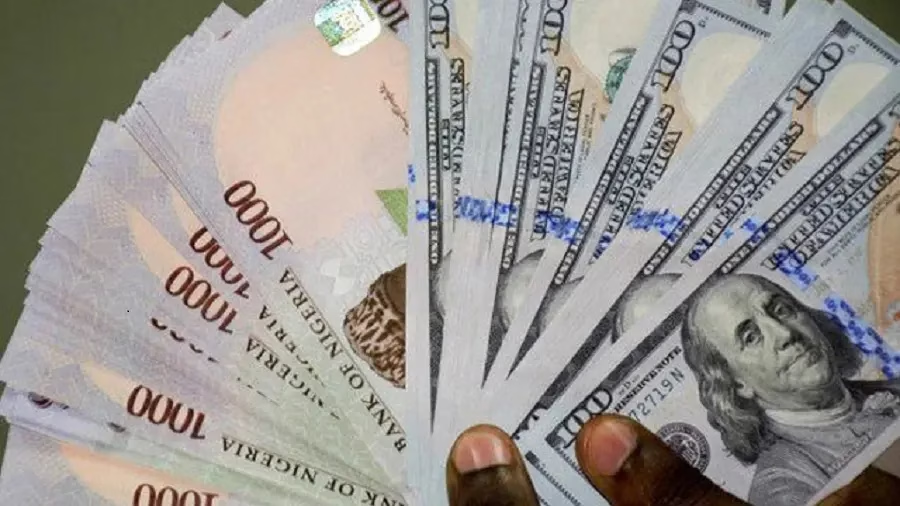The Nigerian Naira experienced a decline in value against the United States dollar at the official foreign exchange market on Monday, marking the beginning of the week. According to data released by the Central Bank of Nigeria, the Naira exchanged at N1,536.42 against the dollar, representing a marginal decrease from the N1,535.04 traded on Friday. This translates to a drop of N1.38 in the Naira’s value compared to the previous trading day.
In contrast, the Naira appreciated slightly at the black market, with a gain of N2 per dollar. As of Monday, the exchange rate at the black market stood at N1,548 per dollar, up from N1,550 on the previous day, as reported by a Bureau de Change operator in Abuja. This mixed performance of the Naira at both the official and black markets comes at a time when Nigeria’s external reserves have increased to $41.11 billion, according to data from the Central Bank of Nigeria as of August 22, 2025.
The Central Bank of Nigeria’s exchange rate data provides insight into the country’s foreign exchange market trends. The official market rate is determined by the Central Bank, while the black market rate is influenced by demand and supply forces. The Naira’s value is a key indicator of Nigeria’s economic performance, and its fluctuations can have significant implications for trade, investment, and the overall economy.
Nigeria’s external reserves have been steadily increasing, indicating a positive trend in the country’s balance of payments. The growth in reserves can be attributed to various factors, including increased foreign investment, higher crude oil prices, and a decline in imports. The appreciation of the Naira at the black market, although marginal, suggests that the demand for foreign currency is easing, which could be a result of improved dollar supply or reduced demand for imports.
The developments in the foreign exchange market will be closely watched by investors, businesses, and policymakers, as they can have far-reaching implications for the Nigerian economy. The Central Bank of Nigeria will likely continue to monitor the situation and implement policies to maintain stability in the foreign exchange market and support economic growth.
